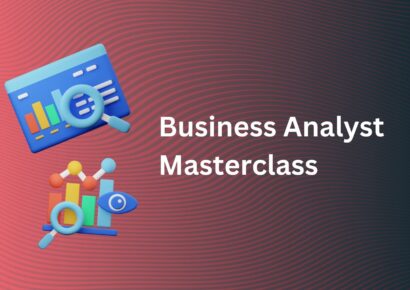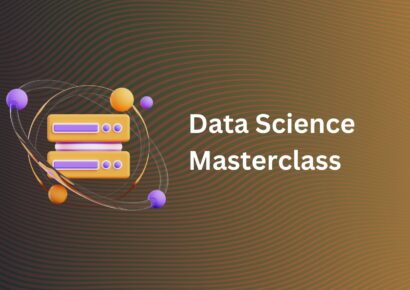Data Analytics Masterclass
This comprehensive 20-session course covers essential concepts, tools, and best practices for data analytics, with each session lasting 2 hours. The course will guide you through various data analytics techniques, tools, and technologies, as well as their practical application in real-world projects. You will also work on a hands-on demo project that simulates real-world industry scenarios, enabling you to apply the skills learned throughout the course.
About Course
Course Content
Session 1: Introduction to Data Analytics
Overview of data analytics and its importance in industries
Role of a data analyst
Understanding the data analytics process





